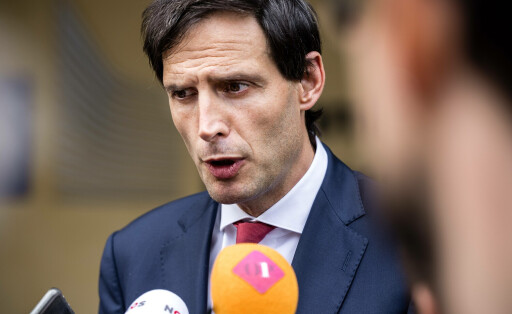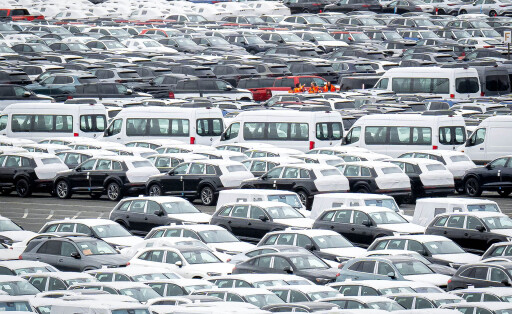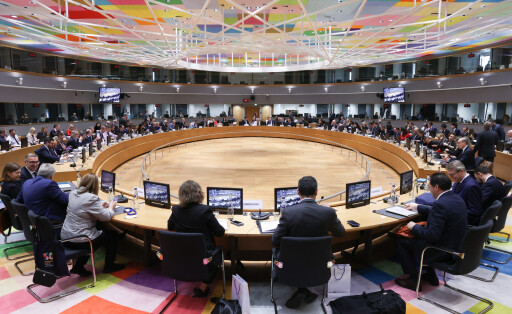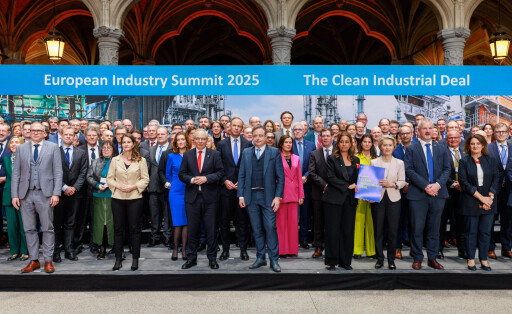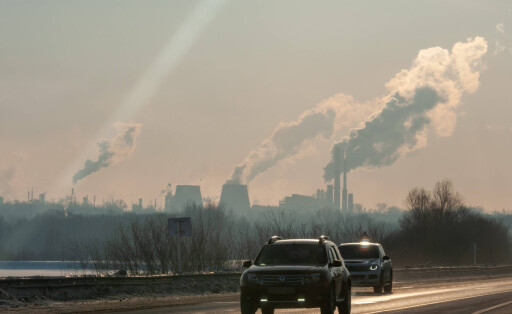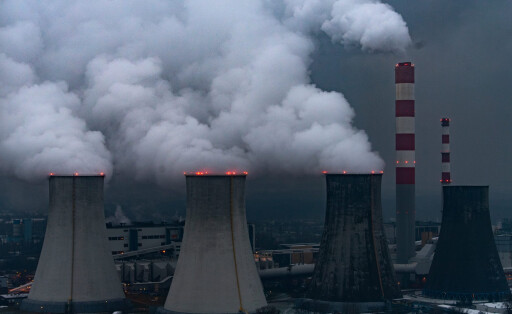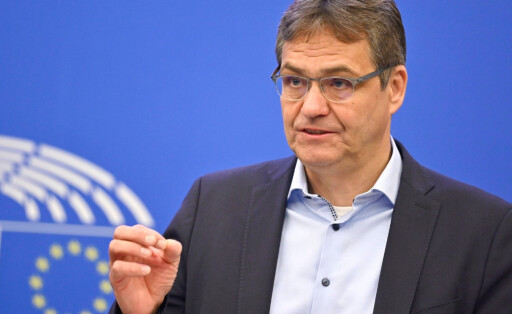
EU climate target 2040: Liese takes a critical view of Article 6 certificates.
European climate politicians are currently debating the EU climate target for 2040, but CDU MEP Peter Liese believes it is much more important to clarify the interim target for 2035 first – for good reasons.
By Lukas Knigge

